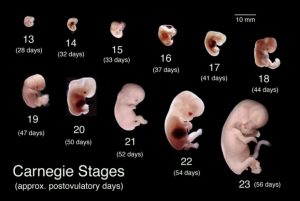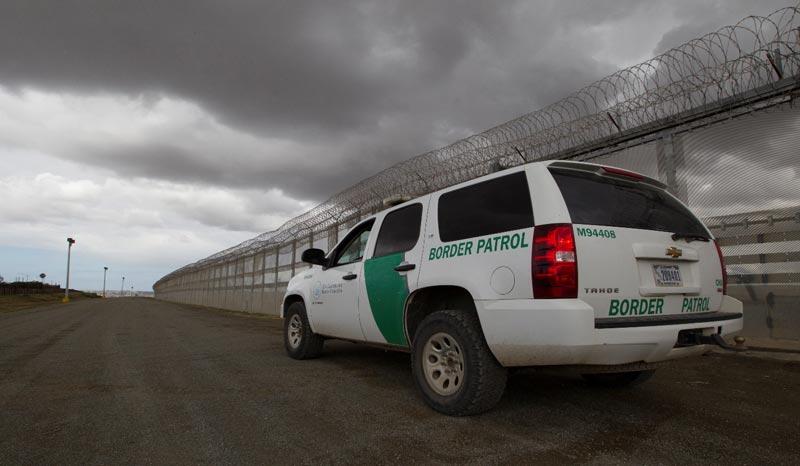(ThyBlackMan.com) So long as you aren’t harming others or interfering with their exercise of their rights, you’re free to live your life however you wish to. You have no moral requirement to get someone else’s permission to do the things you want to do. Of course, no one else is under any moral obligation to do the things you want them to do just because you say so. This right is related to the right to speak freely, the right to associate with those you want to and to not associate with those you don’t, and the right to defend yourself and others from harm. At its base, this right is what the concept of “liberty” means.
You may live your life in any way you desire. You’re responsible for the direct effect your lifestyle has on others. For example, if you choose to play loud music at 3 AM you’re responsible for ensuring that others who wish to sleep at that time aren’t kept from doing so  by your music.
by your music.
Others may try to take advantage of this responsibility by claiming some unmeasurable effect of your lifestyle choices. In general, if your choices don’t limit the choices of others you have a moral right to them. You also have a responsibility to support others whose choices are being questioned, if those choices don’t actually affect anyone else. And if they are being forced or coerced to change their way of life against their will, we all have an obligation to help them resist that force.
Now we get to a difficult problem. You may recall an earlier piece I wrote called “Life versus Convenience.” This is an instance where someone’s right to live life as she chooses could come in conflict with another’s right to live at all. The question of abortion can be put in many ways, but here we’ll consider it as a conflict between the rights of the mother and the rights of the child. If the mother refuses an abortion, there’s no conflict, of course.
But if the mother doesn’t want to carry the baby till birth, we have a serious question indeed. Clearly, someone’s rights are going to be infringed upon. In this case, I can’t see any way to conclude that the baby’s right to live doesn’t take precedence over the mother’s right to decide how to live her life. From a moral standpoint, the right to live is always the primary right in any such conflict.
What does this mean for those of us who are neither the mother nor the child in this situation? We all have a moral obligation to defend those unable to defend themselves. In this case it would mean we must do everything we can to persuade the mother not to abort the child. At the same time, we have an obligation to defend the mother’s right to live her life as she wants, to the extent we can. I think that would mean that we need to help her find good adoptive parents for the baby after birth if she decides to give it up, and to help her during the pregnancy to the best of our ability.
You have seen that I derived these moral obligations from original principles, but there is another way to come to the same position:
“For I was hungry, and you fed me. I was thirsty, and you gave me a drink. I was a stranger, and you invited me into your home. I was naked, and you gave me clothing. I was sick, and you cared for me. I was in prison, and you visited me. Then these righteous ones will reply, ‘Lord, when did we ever see you hungry and feed you? Or thirsty and give you something to drink? Or a stranger and show you hospitality? Or naked and give you clothing? When did we ever see you sick or in prison and visit you?’ And the King will say, ‘I tell you the truth, when you did it to one of the least of these my brothers and sisters, you were doing it to me!’”
Isn’t it amazing how moral principles so frequently seem to match directives from the Bible?
Staff Writer; Douglas Loss




















Leave a Reply